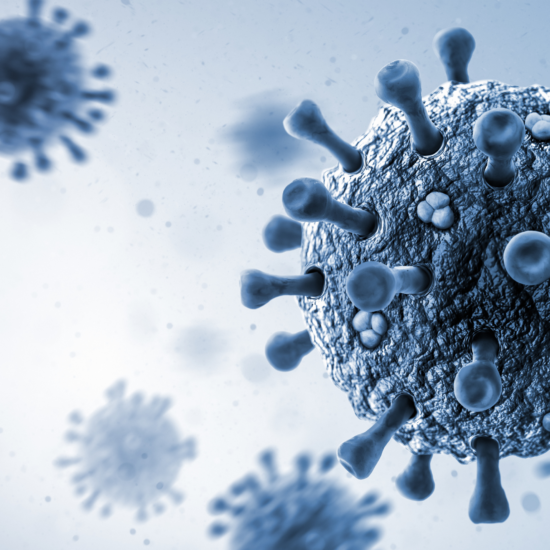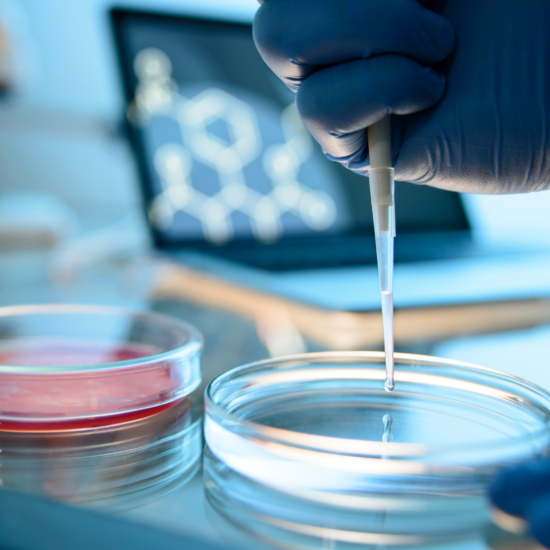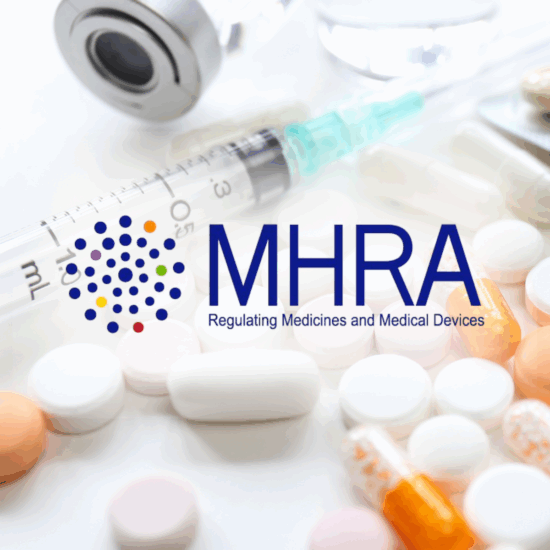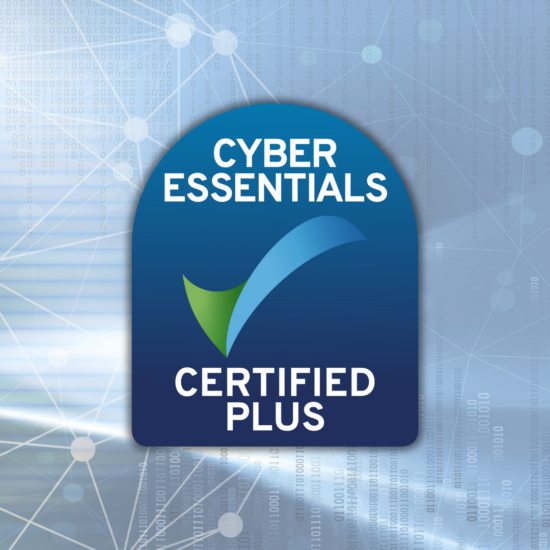New UK Clinical Trials Regulation 2024: What You Need to Know
Published May 29, 2025
Published 04th August 2023

On 26th April 2023, the EU Commission published its “Reform of the pharmaceutical legislation and measures addressing antimicrobial resistance”. This sets out the Commission’s five objectives to modernise and produce a “more resilient, fair and competitive” pharmaceutical framework. They followed this up with their “Council Recommendation on stepping up EU actions to combat antimicrobial resistance in a One Health approach 2023/C 220/01” in July this year. This blog looks at the Commissions’ aim to address antimicrobial resistance (AMR) through a One Health approach (encompassing human health, animal health, plant health and the environment in one approach).
The discovery and development of antimicrobials enabled key medical advances, significantly impacted the ability to prevent and cure infectious diseases and extend life-expectancy.
Antimicrobial resistance (AMR) – – is presenting a tangible threat to health and economics. In 2019, the World Health Organization (WHO) declared antimicrobial resistance (AMR) as one of the top 10 global public health threats facing humanity. In 2022, the EU Commission identified antimicrobial resistance (AMR) as one of the top 3 priority health threats in the EU.
Antimicrobial resistance (AMR) is reversing modern medicine’s control over microbial infections. Food security and safety are affected because animal health and food production are impacted. Human, animal and environment health are intrinsically linked. This principle of interrelatedness is the basis of the One Health approach: Worldwide collaboration to optimise human and animal health and economic outcomes. The Covid -19 pandemic reinforced a need for this global collaboration.
The EU Commission Recommendation, along with the proposal to revise the pharmaceutical legislation, aims to;
Narrow spectrum antibiotics are essential in preventing the development and spread of antimicrobial resistance (AMR). To maintain these antibiotics and development of novel antimicrobials, there needs to be further incentives offered to the industry.
Despite the threat antimicrobial resistance (AMR) presents, the discovery of new microbial natural products has become the domain of academic labs and small to medium-sized companies, rather than large Pharma. Around 43 antibiotics and combinations with a new therapeutic entity are in the pipeline, but only a few meet at least one of the World Health Organization’s (WHO) innovation criteria (i.e., absence of known cross-resistance, new binding site, mode of action and/or class). Pharmaceutical industry investment in research and development (R&D) in antimicrobials has dwindled because of small sales volumes and low prices, leading to poor returns on investment.
Both “push” incentives (funding for antimicrobial research and innovation e.g., research grants and partnerships) and “pull” incentives (rewards for successful development e.g., providing guaranteed return on investment) are needed to make antimicrobial development attractive.
Push incentives lower the cost of drug development, and include grants and public private partnerships, as well as regulatory disincentives
These are a favoured tool used by governments to encourage pharmaceutical antimicrobial development.
Pull incentives include all measures that reward Research and Development (R&D) by increasing future revenue expectations. An EU Commission commissioned study simulated four types of ‘pull’ mechanisms: economic models for bringing antimicrobials to market:
Of the proposed “pull” mechanisms, the transferable data exclusivity voucher has been proffered by the Commission as a first step in tackling antimicrobial resistance (AMR). This is despite some controversy. For example, a Lancet article called the scheme flawed and, amongst other concerns, said the scheme would benefit late-stage development but have minor impact on Research and Development (R&D).
The transferable data exclusivity voucher offers an additional 12 months of regulatory data protection to the developer of a “priority” antimicrobial. This voucher can be used for any centrally authorized product in the developer’s portfolio, or transferred (e.g., through a sale) to another marketing authorization holder (MAH) for a different centrally authorized product.
This voucher scheme has an expiry date: 15 years from the date that the Regulation comes into force or until 10 vouchers have been issued, whichever date is the earliest.
Aside from incentives, the EU Commission acknowledge the role of vaccination in curbing the spread of antimicrobial resistance (AMR), i.e., preventing the disease in the first place. Rapid diagnostics also have a key role to play, as does cross-border cooperation with surveillance and monitoring of resistance and prudent antimicrobial use, and control responses. This is important not only in human health, but also in the veterinary, plant, and environmental sectors.
Antimicrobial resistance (AMR) is an issue that needs urgent attention and investment in getting new and innovative antibiotics to market. The World Health Organization (WHO) and EU Commission are working towards a multipronged approach to providing a long-term solution to minimise the health, food safety/security and economic impact of antimicrobial resistance (AMR). Although not without their controversies and opponents, schemes such as the transferable data exclusivity voucher are seen as valuable tools in the race against resistance.

Published May 29, 2025

Published May 29, 2025

Published May 01, 2025

Published Apr 28, 2025

Published Apr 25, 2025

Published Apr 11, 2025

Published Mar 31, 2025

Published Mar 27, 2025

Published Mar 27, 2025